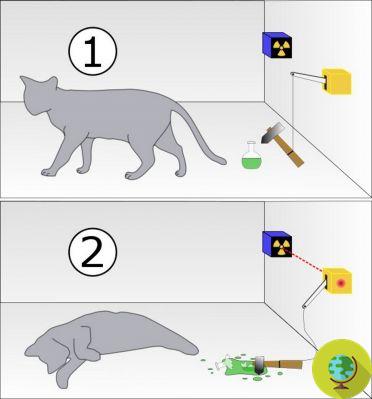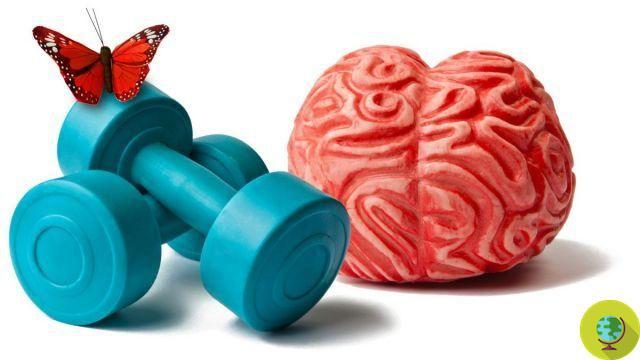
Transforming a traumatic experience into resilience, that is, the ability to cope with difficulties in a positive way. We have talked about this important inner strength many times, but now a new study suggests that negative events in our life can train the mind to react.
Don't store avocado like this: it's dangerous
Transforming a traumatic experience into resilience, that is, the ability to cope with difficulties in a positive way. We have talked about this important inner strength many times, but now a new study suggests that negative events in our life can train the mind to react.
Resilience is the ability not to let oneself be disheartened by the difficulties of life, to react and get up stronger than before. As we know, a traumatic experience can ruin our life, but maybe it doesn't always happen that way. In fact, most people tend to recover quickly, and a new study explains why.
In practice, the trauma triggers a kind of mental training that strengthens the mind and body and prepares us to face the next challenge.
Trauma trains the mind for resilience
Researchers from Bard College and the University of Cambridge conducted a study with two groups each consisting of 48 undergraduates. Among them some had experienced relatively significant trauma, such as witnessing or experiencing an accident, violence, death in the family and so on.
During the experiment, participants were required to visualize a set of 60 pairs of words, which consisted of a neutral word (for example, "violin") and a neutral or negative answer word ("street" or "corpse").
Then there was a so-called “Think / Don't Think” process. A color was projected on a screen and the volunteers had to say the answer word as quickly as possible.
The research team found that people from both groups were good, but people who had suffered trauma were better on 'Don't Think' tests, demonstrating a more solid ability to forget specific words on demand.
"Our findings suggest that traumatic experiences, however horrible they may be, could naturally contribute to the adaptation of cognitive control skills, thus improving subsequent resilience, at least for those who have experienced only moderate levels of trauma," reads the study published in the Journal of Experimental Psychology.
What does it mean? The ability to inhibit certain memories can help people who have experienced severe trauma become more resilient. This general inhibitory control mechanism could also help post-trauma individuals suppress unwanted emotions and actions.
Let's learn to face life in the best possible way with some little advice that can be useful especially on days when we see everything black and when we just can't make a decision.
Read also:
- Resilience: how to react and get up stronger than before
- Resilience: 20 sentences to react
Dominella Trunfio


























